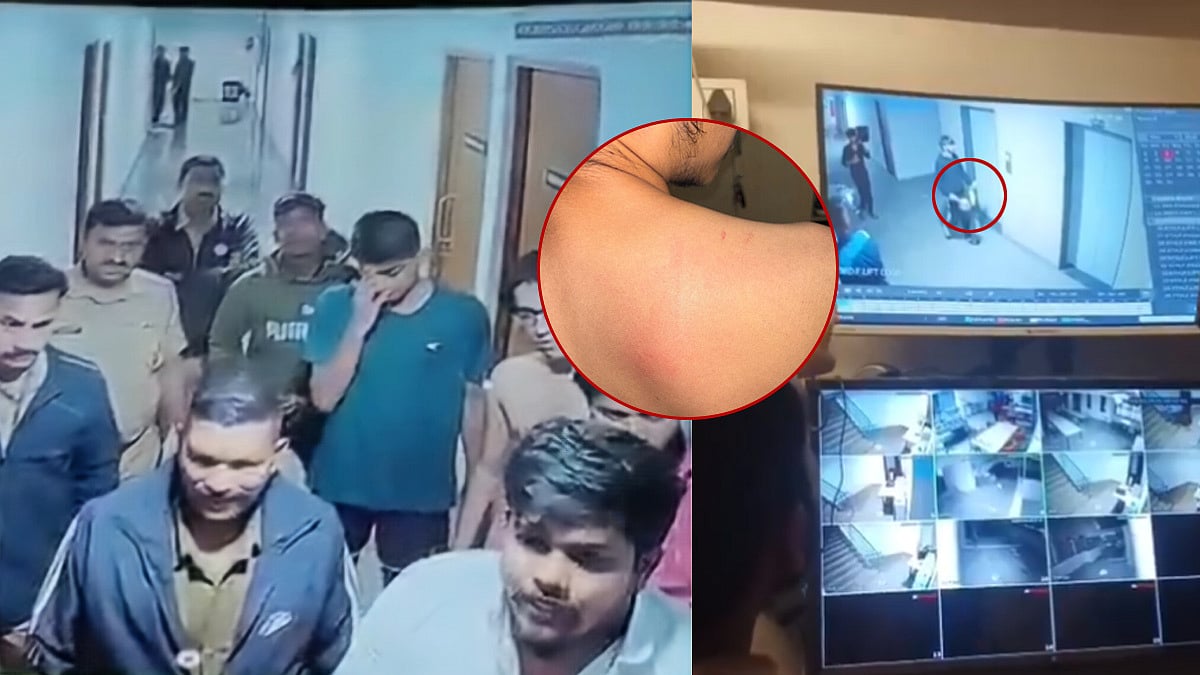So, there you go again. Despite its massive drubbing in the recent Lok Sabha poll, the Congress Party seems to find it hard to play a constructive role in the opposition, a role which can help it wipe off some of the stain of rank irresponsibility and huge corruption while in power for a decade. Its obstructionist conduct in blocking the passage of the Insurance Bill, which seeks to raise the FDI in the sector to 49 per cent, is a case in point. Significantly, it was the UPA Government which had first mooted the proposal. The Bill could not be passed due to stiff resistance of the non-UPA parties in the Rajya Sabha, including the BJP. But once the BJP returned to power in May this year, it took up the issue with the Congress leadership. The latter clearly indicated its willingness to support the passage of the Bill in the Rajya Sabha, where, notably, the NDA does not command a majority. Relying on its word, when the Bill was ready to be taken up in the RS, the Congress sprang a surprise. Now it wants the Bill to be referred to a select committee. This is pure cussedness, especially when it is literally the same Bill that had been prepared by former Finance Minister P Chidambaram. Referring it to the select committee would only mean further delay of an urgent reform, which should facilitate the inflow of foreign funds into the fund-starved insurance sector. Clearly, partisan politics alone accounts for the Congress’s changed stance. The fact that insurance penetration in the country is one of the lowest, with less than five per cent of the people only owning some kind of insurance policy, infusion of foreign funds would help inculcate the insurance habit among Indians. In the West, almost everyone is supposed to have medical insurance. Although private companies have begun to offer medical insurance, their reach is willy nilly urban-centric and, there again, confined to the middle and upper-income groups. Before the opening up of the economy in the early ’90s, there were but only four insurance companies, all in the public sector. They dictated terms and provided very poor service. The opening up of the insurance sector and the availability of competing insurance products from privately-owned insurers has certainly helped in making the four public sector insurers responsive to their customers, but a lot remains to be done to make the insurance sector truly competitive and beneficial for ordinary Indians. It is here the increase in the FDI limit from 26 to 49 per cent can make a huge difference, both in terms of deepening the penetration of insurance, as well as making it consumer-friendly. Indeed, economic experts had made a strong case for setting the FDI limit at 76 per cent, but the NDA Government plumped for the politically safe target of 49 per cent. Now that the Congress has chosen the path of confrontation, the NDA will have to put up with the resulting delay, especially when the RS Chairman Hamid Ansari is unlikely to use his good offices to ensure that the Bill is taken up without being necessarily remitted to the select committee. At the very least, the Congress cussedness might delay it in the select committee till the year-end. Should it persist with its obstructionist attitude, the NDA would have to convene a joint session to have it passed. The question that the Congress should consider, even at this late stage, is whether it wants to earn further popular opprobrium by going down that unproductive road only to score brownie points against the ruling party. Should it fail to see sense, it would be like it cutting its nose to spite its own face. Does it want to do this — even after the massive rejection by the voters?
Populism wins, merit loses
The Modi Government has succumbed under pressure of protesting aspirants for jobs by excluding the English comprehension paper from the Civil Service Aptitude Test. This is wrong. Populism in recruitment to all-India services can only invite further such demands. All non-NDA parties were openly encouraging the agitation. However, it was expected of the Modi Government that it would resist pressure. If those aspiring to become Class-I officers do not have the mental skills to learn basic English words they certainly do not deserve to be in public employment at all. After all, the English test was so basic that any school dropout ought to be able to pass it easily. But once the agitation was fanned by vested interests that it was biased against aspirants from rural areas, there was no stopping politicians from inciting it further. Surprisingly, the test in question was introduced in 2011 when the UPA was in power. But now in the opposition, the Congress Party joined the chorus against that very paper. It is sheer opportunism, of course. The fact that the protesters are still not satisfied even after the English comprehension paper has been taken out of the preliminary selection process, there is a real danger that the entire UPSC selection process will be challenged. The time may soon come when those wanting government jobs will want them without any test or qualifications. Indications of that danger lay in the fact that agitators now complain that the exam process is tilted in favour of those coming from the science and engineering streams. Where will it end?




